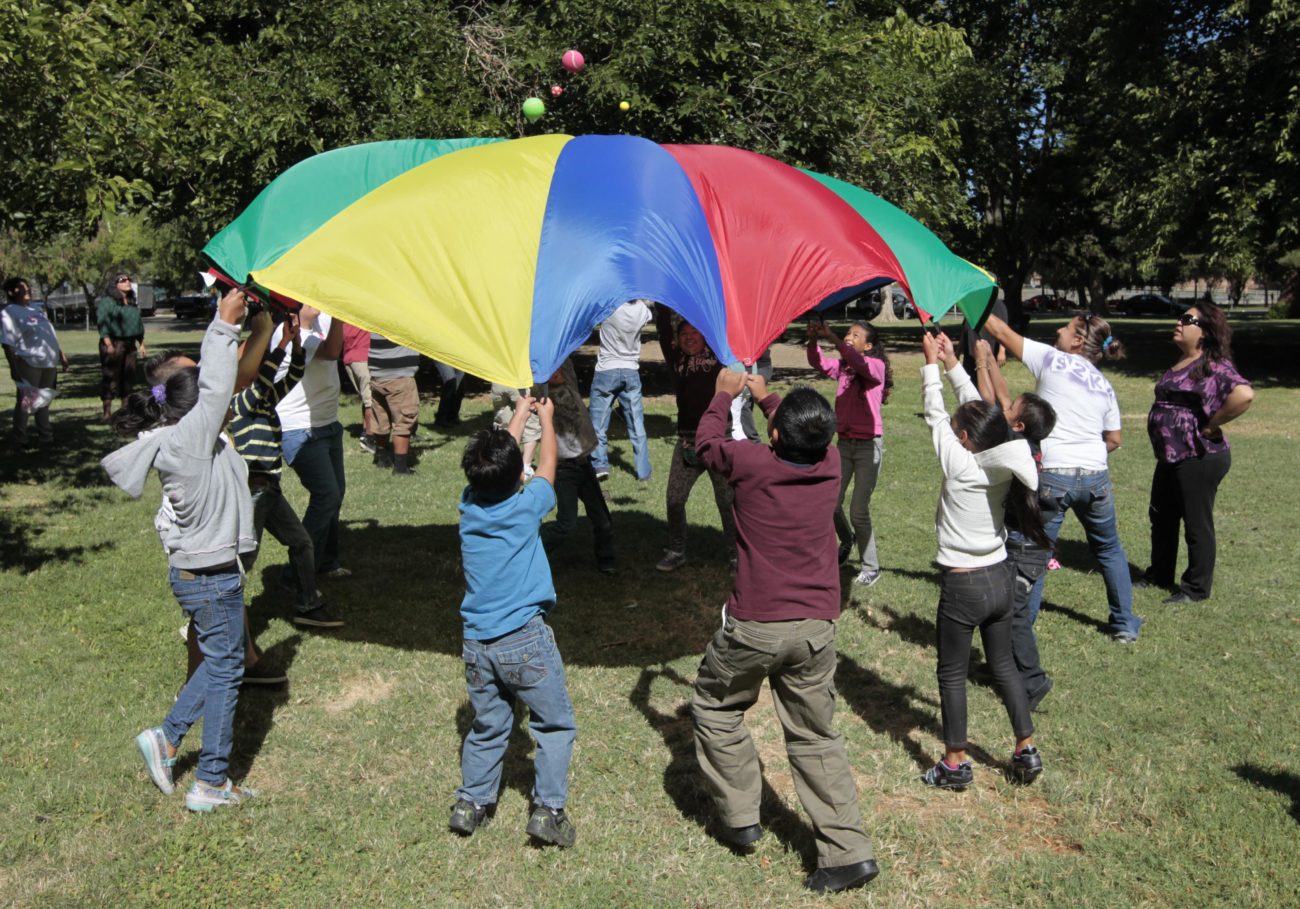|
Only have a minute? Listen instead
Getting your Trinity Audio player ready...
|
Nearly one-fourth of American adults — nearly 60 million people — have been diagnosed with mental illness. More than one in five U.S. youths ages 13-18 have had a seriously debilitating mental health issue at some point in their lives. This information is from the Centers for Disease Control and Prevention, which estimates more than half of treatable mental health illnesses are never diagnosed or treated; the number could be more than 70% for clinical depression.
Many debilitating mental health problems are present at a young age, even at birth. With knowledge and treatment including behavior modification, many of those problems can be addressed and controlled. However, little attention — and few resources — are devoted to identifying and treating mental health issues in children. Often the alerts are raised by devoted school teachers and counselors who sometimes have to convince parents that their children have medical issues that should be treated, that they’re not simply going through phases they’ll grow out of.
Moreover, most child care centers aren’t equipped or trained for such pathologies.
Fortunately, the need to better address mental health issues in young children is starting to get more attention, including here in Texas, which traditionally has lagged behind other states in such matters.
Much of that attention has been driven by community organizations such as United Way agencies, Success by 6 and others, which noticed a recent rise in child mental health issues, probably brought on by the stresses of the COVID-19 pandemic.
A recent Columbia University study found that children born after the onset of the pandemic on average scored lower in motor skills and social and emotional skills such as controlling anger and dealing with anxiety. The University of Texas at Austin last year tried to conduct its own study last year, but found that there was no statewide standard for even identifying mental health issues among young children.
Now, state lawmakers have charged the Statewide Behavioral Health Coordinating Council with developing a strategic mental health plan for children from birth to 17 years of age. A report is expected y Dec. 1. State officials hope to use the data to help strengthen mental health policies in the state’s Early Childhood Intervention Program.
This is a great start, but other ancillary efforts are needed. For example, an estimated 47 pediatric psychiatrists are needed for every 100,000 children in a population. In Texas there are only 10 such doctors per 100,000 children. Lawmakers, and local governments, need to help develop standards to help recruit and qualify such experts, and universities should strengthen, or develop, programs that focus on treatment of childhood mental health.
Such efforts are vital — not only for children who need better mental health care services but for everyone. Diagnosing and treating such issues as soon as possible can help people learn better in school, interact better with others and live more productive and fulfilling lives. If it helps them find better success with regard to their education and careers, they can contribute more to their families and communities.




